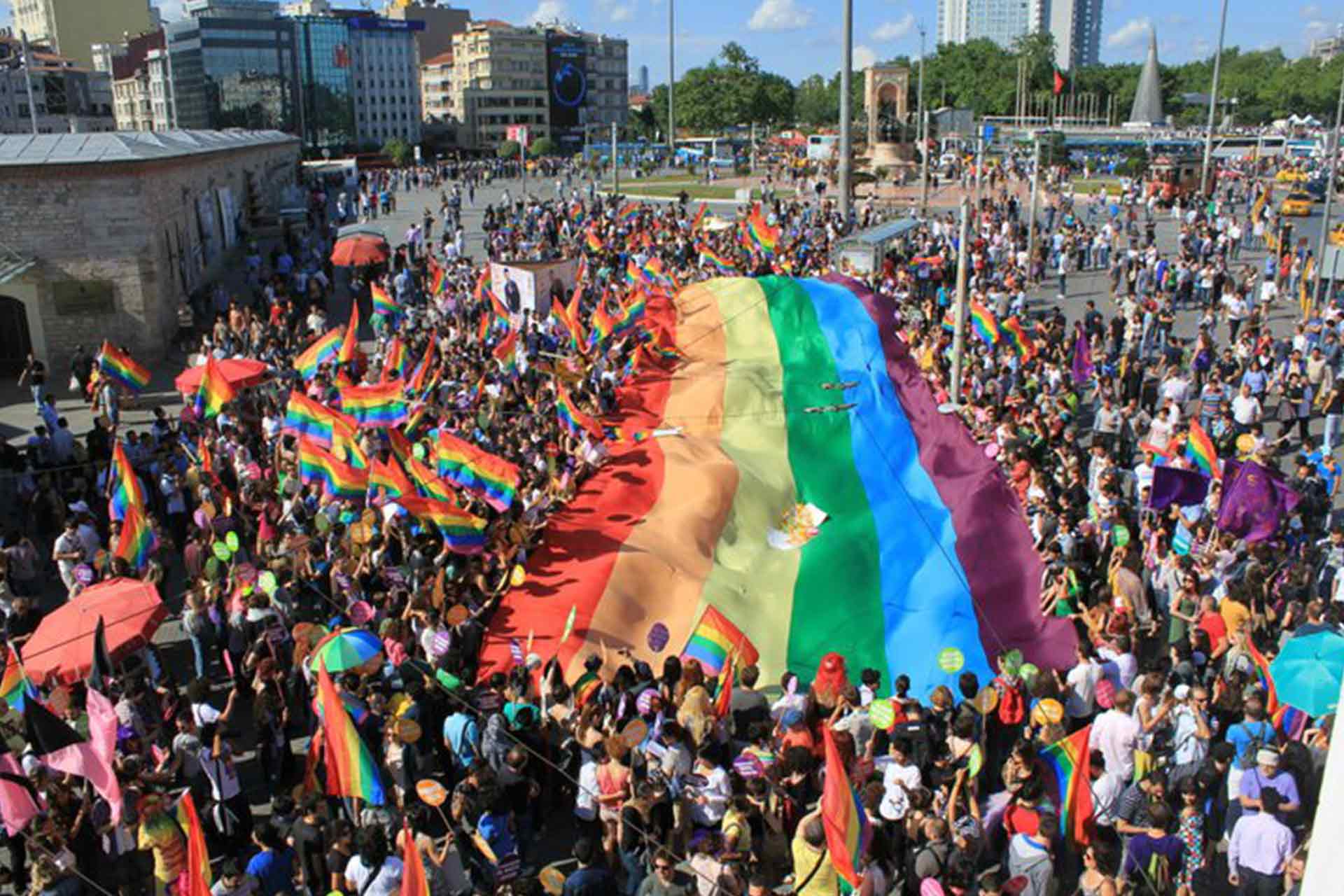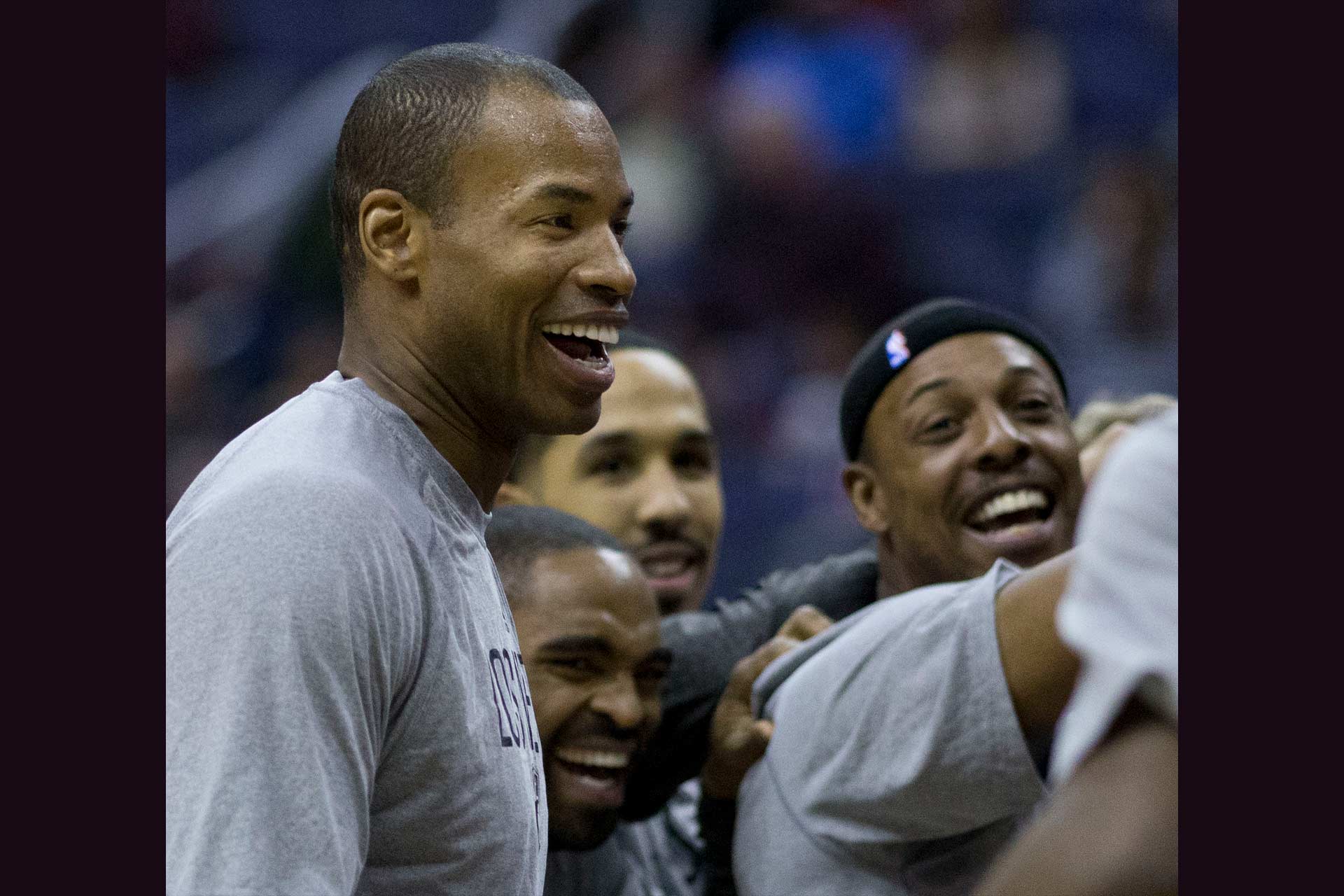
This year marks the 20th anniversary of LGBTQ+ History Month in the UK, and like every year, there is a theme. This year’s theme is ‘activism and social change’. For me, LGBTQ+ History Month means many things: celebrating identity and freedom, honouring the challenges and achievements faced by the LGBTQ+ community, and ultimately reflecting on the lasting impacts made by individuals throughout history.
I think it is sometimes misunderstood that LGBTQ+ history is simply a series of past events, but it is actually an ongoing process. The month acts as a marker of the progression made, the progression still to be made, and is a chance for us to take the past and apply it to the future. It is not simply confined to just LGBTQ+ issues, but intersects with other modern-day topics like politics, sports, and wider culture. I’ll cover some of these topics below.
LGBTQ+ History in Politics
When exploring the connection between LGBT history and politics, a particular topic comes to mind, this being the passing and eventual repealing of Section 28. 2023 marked the twentieth anniversary of the act’s repeal, making it a very recent part of history.
So, what is significant about this piece of legislation and its lasting impact? Created and passed in 1988, Section 28 prohibited local authorities, including schools, from discussing or sharing materials that involved or promoted homosexuality. For many young LGBTQ+ individuals, this created an environment where identities were repressed, freedom was constricted, and groups were faced with isolation and shame.
In light of this year’s theme, it’s worth reflecting on how Section 28 stands as a reminder of the obstacles faced by the LGBTQ+ community, and how its repeal marked a key shift in the community’s ongoing fight for equality, visibility, and acceptance.
LGBTQ+ History in Sports
Diving into the world of sports, NBA player Jason Collins really springs to mind. A couple of years ago, I remember reading the Sports Illustrated issue where Collins discusses and reflects on being the first-ever male athlete in a pro league sport to come out as gay. The piece was a personal and engaging article, and it got me thinking about how, even over a decade later, Collins is a monumental figure for LGBT representation in sports.
In the article, Collins reflects on how homosexuality was rarely discussed in the locker rooms and explains that scrutiny and the fear of rejection continue to prevent athletes from coming out. He stresses that whilst there is a better support system for gay athletes, it can still be conflicting for many. As a public figure, Collins has opened the door for a wider conversation about homophobia in sports, showing that for a long time, professional sports were inherently unsupportive and hostile to LGBT individuals. His coming out was not only a significant moment for sports, but also for society and wider culture as a whole.

Copyright: WikiCommons Flickr: Jason Collins
These are just two examples of why LGBTQ+ History is still powerful today, and how it is intertwined with society and will continue to be in the future. It’s important to celebrate the progress made by the community, while also continuing to support and advocate for visibility, equality, and freedom. Happy LGBTQ+ History Month all!
Find out more about this years focus for LGBTQ+ History Month 2025.